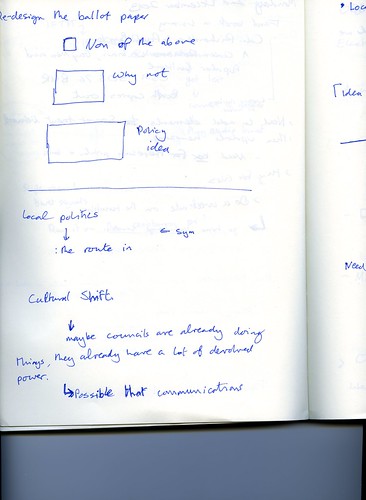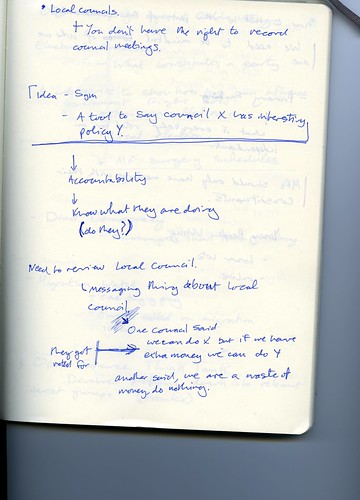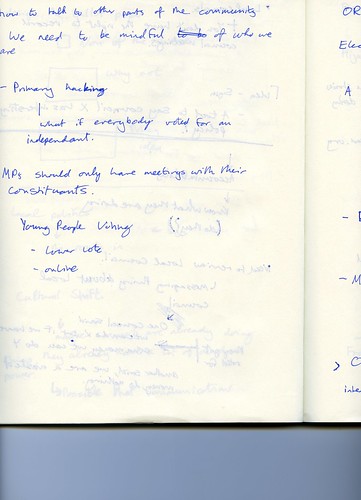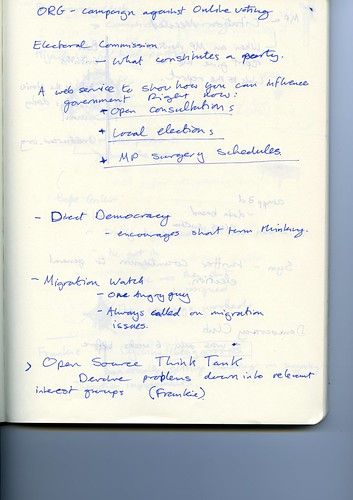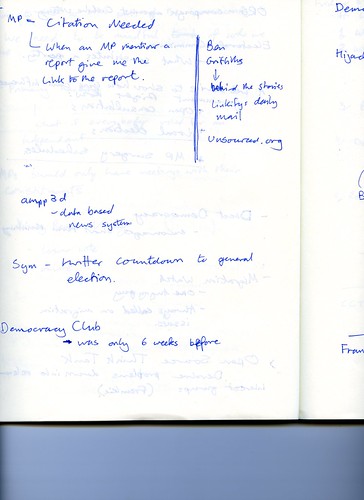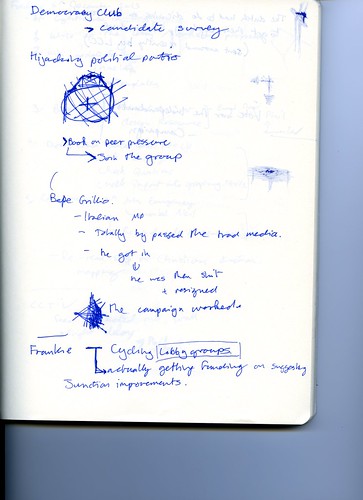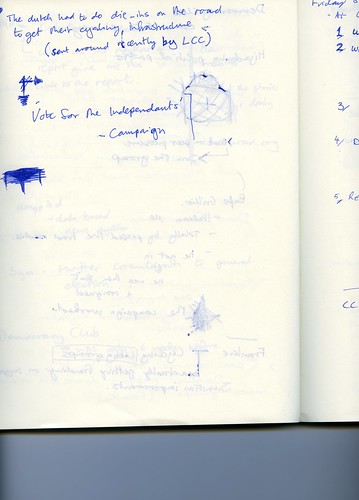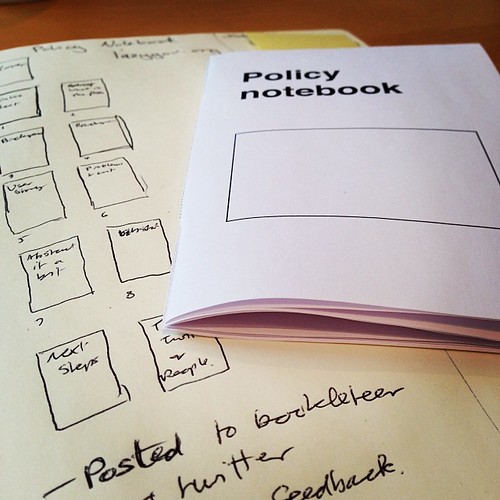To say that the existing political system feels even more out of touch, potentially dangerous and most definitely out to protect its own over the last few days is probably an understatement. Part of the problem is the more it is like that, the easier it is to try and ignore, to decide that there is nothing you can do so why bother.
Turnout at election time is low, in the reviews of the day there are discussions about what could have happened if a greater number of people turned up but its a no win scenario. People won’t vote when they don’t see the potential for change, can’t see how they can make a difference.
Change is a good thing, though it can be both scary and difficult. So I want to ask you all to imagine something simple.
What if we could persuade at least one person to stand as an independent in each constituency in the coming general election. Someone who lived locally in the constituency, someone who was interested enough in politics to make a go at it, but also realised that this is not a career move. With an aim not to be in the Westminster Circle for the rest of their life but to help make their constituency, the country (and impact the rest of the world) for the better of everyone.
They would have to be able to listen to argument, to compromise, to speak up at times, to be willing to return to the constituency to listen to the thoughts of the voters they represent, to work across scales. Most importantly they must be willing to be transparent about their political life, and we should be respectful of the transparency on that life and respect a private family life.
I very much doubt it would be an easy job, if you stand as a part of a party you have a grander support structure but a structure that is becoming obsolescent in the modern networked world.
The #UnParty can be a new kind of support structure. By standing as an independent you declare that you are not subject to a Party mandate, your manifesto can be drawn from the best ideas, not driven purely by ideology. If the #UnParty can be a support network for independents, a place for those wanting to stand to discuss issues, problems and ideas without conflict, a place where volunteers can help independents stand and when elected do their job then I believe we can affect change to the system overall.
To stand for election is incredibly easy, at the moment there is no register, no one you have to tell, you can just wake up one morning and decide to do it. Then you can tell as many people as you like. Later on some paper work does come into play, and by the election you will need to have found the following:
* 10 people in the constituency that you want to stand in willing to sign your nomination paper.
* A deposit of £500. You get this back if you get 5% or more of the vote, otherwise you loose it.
That is pretty much the basics, yes there is a lot of communication, a lot of talking to people but that is not a bad thing. If that is not something you can do then maybe don’t stand yourself but help someone else.
If you decide to stand then read this article over at the Guardian http://www.theguardian.com/uk/2009/may/22/how-to-become-an-mp which has some more basic tips on getting started.
Also go to the Electoral Commission website where there is a lot of information. You can call them as well and they are really helpful.
Finally, James Smith, who has been running the OpenPolitics Manifesto has decided to do just this, he is blogging and writing his experiences to share with everyone.
If you decide to stand or help persuade someone to stand then let us know and we will build out the #UnParty network to support them.
mark
[[This was sent out as a TinyLetter, subscribed to via the Unparty Politics Website and was the first one.]]
